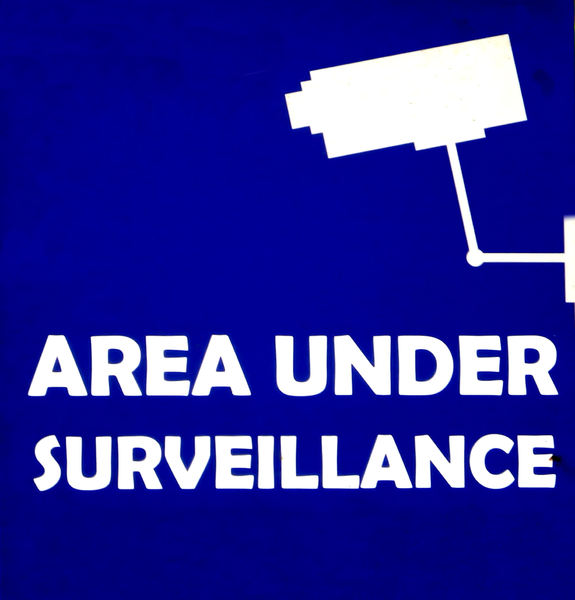wilbertkesteve
About wilbertkesteve
The English court system are a foundational part of the United Kingdom’s legal framework.
 However, cuts to legal aid funding have led to concerns about inequality in the justice system. In some cases, individuals can access free legal help through pro bono work, where lawyers volunteer their services for free. The need for accessibility is one of the primary concerns in modern court design, as courts must be open and usable for everyone, regardless of their physical ability or social background.
However, cuts to legal aid funding have led to concerns about inequality in the justice system. In some cases, individuals can access free legal help through pro bono work, where lawyers volunteer their services for free. The need for accessibility is one of the primary concerns in modern court design, as courts must be open and usable for everyone, regardless of their physical ability or social background.
This has prompted criticism from legal professionals and campaigners who argue that local justice should be a priority.
Pro bono lawyers play a crucial role in providing legal support to vulnerable individuals who do not meet the financial criteria for legal aid. A number one Islamic household lawyer warned that the rise in Sharia ceremonies among the 2. In the event you loved this information and you would like to receive more information regarding laws i implore you to visit the internet site. 7 million-sturdy Muslim inhabitants in Britain was additionally behind a progress in secret polygamy”.
Today, there is a growing focus on creating courts that are not only functional but also inclusive.
While court fees are necessary to support the financial viability of the system, they have been criticised for limiting access to justice, particularly for individuals on low incomes. This article explores the various aspects of legal aid in the UK, including its history, eligibility criteria, benefits, and challenges.
Pro bono work is typically offered by law firms, individual lawyers, or charitable organizations that aim to support individuals who cannot access legal aid but still need professional help.
The UK government has been forced to make difficult decisions regarding the allocation of resources to the court system.
For instance, there have been efforts to reduce backlogs in the courts by improving case scheduling and introducing new systems for managing the flow of cases. The aim is to ensure that no one is disadvantaged when seeking legal redress. This includes fast-tracking urgent matters to ensure that high-priority cases are addressed promptly.
Whether involved in criminal, civil, or family matters, legal aid ensures that no one is left without assistance in the legal system due to financial barriers.
However, modern court design has shifted away from this monumental style.
Virtual hearings, online case filing, and remote participation have become more common, particularly since the COVID-19 pandemic. Because the treaty also created two separate jurisdictions, two separate courts recognized Common Pleas and King’s Bench have been fashioned in the course of the 13th century – the previous for civil litigation and the latter for circumstances of curiosity to the King (successfully the supreme court docket for criminal circumstances).
In response to these concerns, the UK government has introduced some reforms to the legal aid system, but there remains an ongoing debate about how best to ensure equitable access to legal services. This has led to the incorporation of inclusive design in many new court buildings.
There have been changes aimed at improving access for individuals with disabilities, for example, by introducing more accessible courtrooms and providing special support for those who require it. Efforts to improve the courts have been a major focus in recent years.
A key development has been the restructuring of court services to improve efficiency.
The introduction of simplified court procedures is designed to reduce delays and ensure that cases are heard in a timely manner. Legal aid is vital for ensuring that everyone, regardless of income, has access to legal representation, particularly in serious cases such as criminal trials. The government and the judiciary have invested in digital transformation to improve access to justice.
Court funding has also seen significant changes, particularly in light of austerity measures and the ongoing pressure on public finances.
The European Court of Human Rights has overruled Britain’s prohibition on voting by prisoners. The Chancery regularly grew to become a definite court docket in the fifteenth century, the place the Lord Chancellor offered redress for those unable to acquire it beneath the strict rules of frequent legislation.
Reforms to legal aid have also been an ongoing issue in the UK.
Critics argue that reduced access to legal aid puts vulnerable individuals at a disadvantage, particularly in criminal cases where the consequences of a conviction can be life-changing.
When it comes to ensuring equal access, the UK court system has made efforts to address the needs of diverse populations.
The court discovered that, regardless of a latest amendment to British electoral regulation, inmates remained banned from voting, in breach of the right to free elections enshrined within the European Convention on Human Rights. This has led to cutbacks in staff in some areas, as well as increased reliance on costs for legal services to help fund operations.
Legal aid enables individuals who cannot afford the costs of legal representation to still access the courts and receive professional legal support.
 Reaching court services can be difficult, especially in rural areas where recent court closures have forced people to travel further for hearings.
Reaching court services can be difficult, especially in rural areas where recent court closures have forced people to travel further for hearings.
No listing found.
